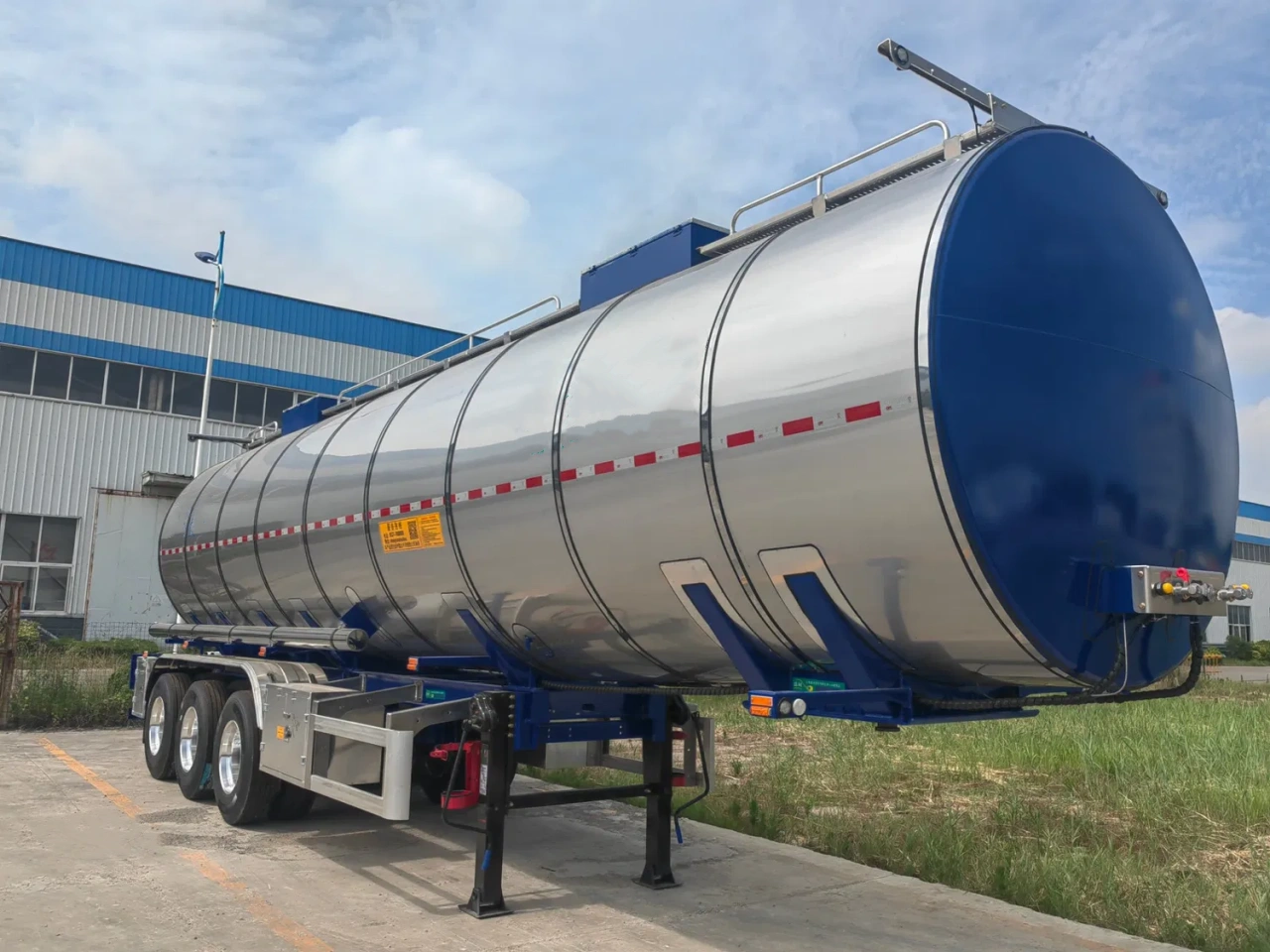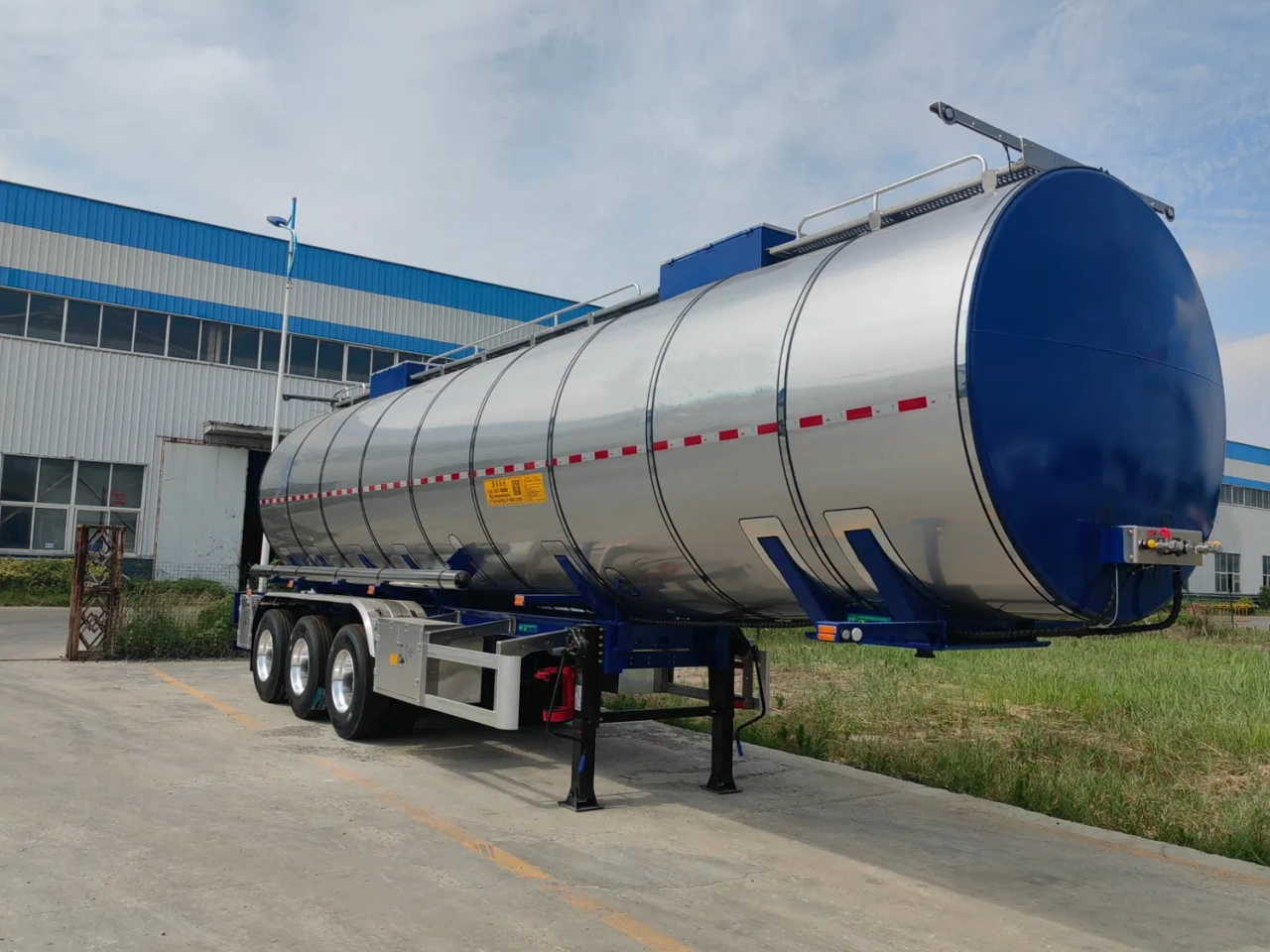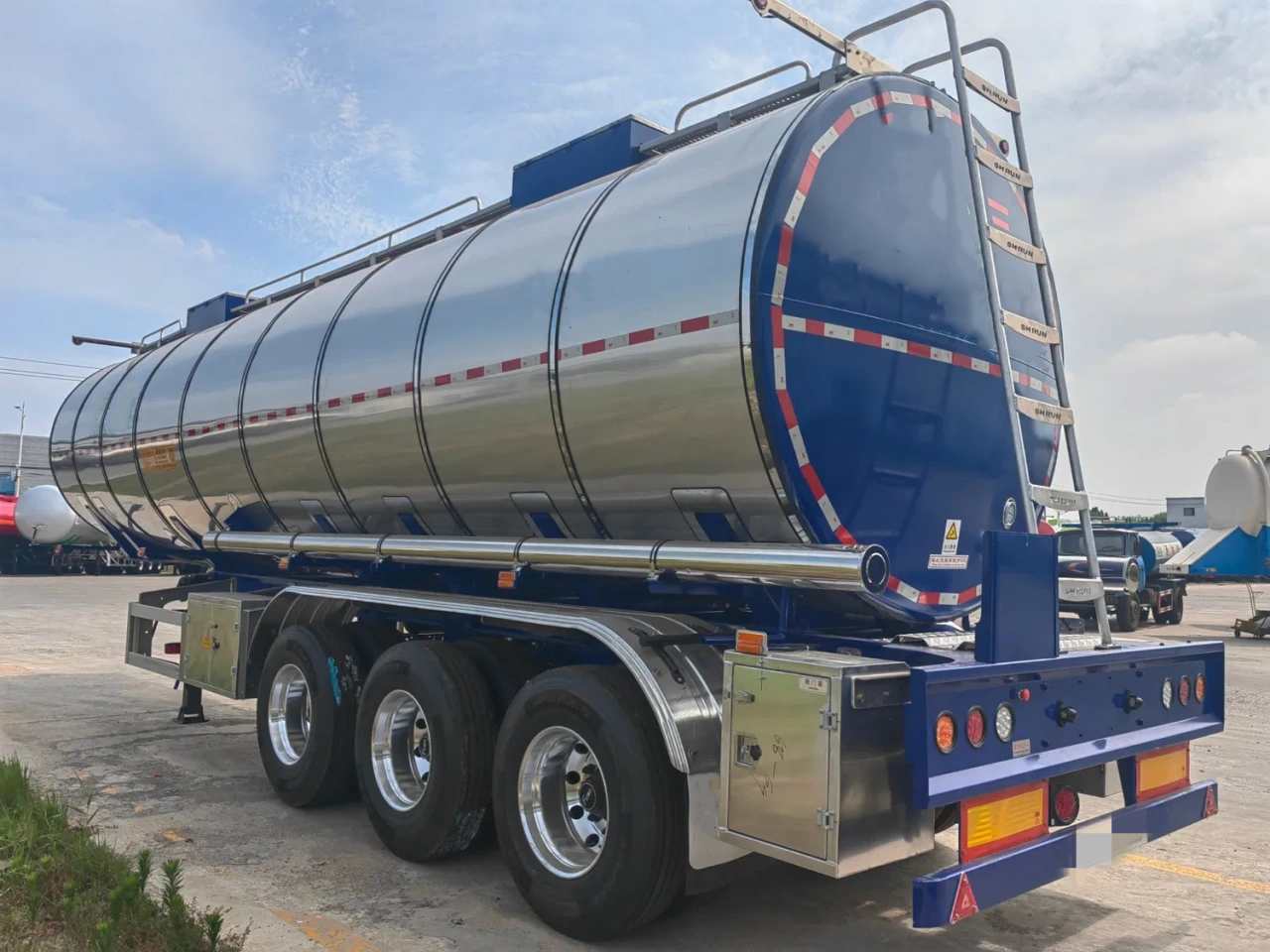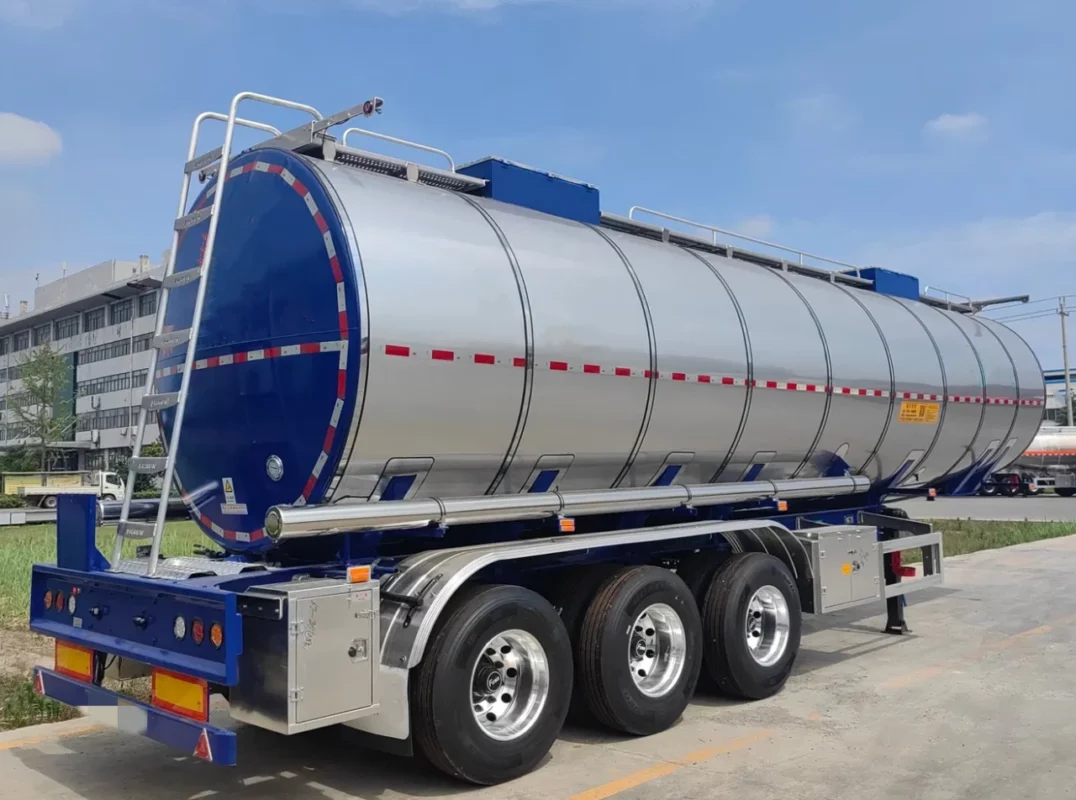Tanker trailers, essential for transporting liquids and gases across vast distances, play a crucial role in various industries worldwide. From petroleum products to chemicals and food-grade liquids, these specialized trailers come in different types, each designed to meet specific transportation needs. Understanding what a tanker trailer is called involves delving into its diverse classifications, structural components, and operational significance.
Types of Tanker Trailers
Tanker trailers are broadly categorized based on the type of material they transport and the design features that cater to specific logistical requirements:
- Fuel Tankers: Often referred to simply as “fuel tankers,” these trailers are designed to transport petroleum products such as gasoline, diesel, and aviation fuel. They are equipped with multiple compartments to carry different grades of fuel safely and efficiently.
- Chemical Tankers: These trailers are built with materials and coatings that resist corrosion and contamination, ensuring the safe transport of various chemicals, acids, and hazardous substances. They often include specialized fittings and safety features to prevent leaks or spills.
- Food-Grade Tankers: Used primarily in the food and beverage industry, food-grade tankers are meticulously designed to meet strict sanitary standards. They are constructed with stainless steel or other food-safe materials and are thoroughly cleaned and sanitized between uses.
- Dry Bulk Tankers: Unlike liquid tankers, dry bulk tankers transport free-flowing dry goods such as cement, flour, sand, and plastic pellets. They are equipped with pneumatic systems that facilitate the loading and unloading of bulk materials.
- Corrosive Liquid Tankers: These trailers are specifically engineered to transport corrosive liquids, such as acids and industrial chemicals. They feature robust construction and advanced sealing mechanisms to withstand the corrosive nature of their cargo.
- Water Tank Trailers: Water tank trailers are used for transporting large volumes of potable or non-potable water, and they are essential for industries like construction, agriculture, and emergency services. They vary in size and configuration based on their intended use.

Structural Components
Regardless of their specific type, all tanker trailers share common structural elements designed to ensure safety, efficiency, and regulatory compliance:
- Tank: The main reservoir where the liquid or dry bulk material is stored during transport. Tanks are constructed from materials such as aluminum, stainless steel, or carbon steel, depending on the cargo requirements.
- Chassis: The frame and undercarriage of the trailer that supports the tank and provides structural integrity. Chassis designs may vary based on the trailer’s capacity and intended use.
- Axles and Suspension: Tanker trailers are equipped with multiple axles and suspension systems to distribute the weight of the cargo evenly and provide stability during transit. Air ride suspensions are common in modern tanker designs for smoother rides and reduced wear on the trailer and cargo.
- Pumping System: Many tanker trailers include integrated pumping systems to facilitate the loading and unloading of liquids or dry bulk materials. These systems may be driven by a power take-off (PTO) from the tractor or have independent power sources.
- Safety Features: Essential safety features include emergency valves, spill containment systems, overfill protection devices, and pressure relief valves. These components mitigate the risks associated with transporting hazardous materials and ensure compliance with regulatory standards.
Operational Significance
Tanker trailers are critical assets in industries where the efficient and safe transportation of liquids and bulk materials is paramount:
- Logistics and Distribution: Tanker trailers enable the cost-effective transport of large volumes of liquids and bulk materials over long distances, supporting industries ranging from energy and chemicals to agriculture and food processing.
- Emergency Response: Water tank trailers play a crucial role in emergency response efforts, providing potable water for disaster relief and firefighting operations in remote or disaster-stricken areas.
- Environmental Protection: Rigorous design standards and regulatory compliance ensure that tanker trailers minimize environmental impact by preventing leaks, spills, and contamination during transport.
- Specialized Applications: Certain tanker trailers, such as those used for transporting liquefied gases or highly corrosive chemicals, require specialized handling and safety protocols to mitigate risks to personnel and the environment.

Conclusion
In conclusion, the term “tanker trailer” encompasses a diverse range of specialized vehicles designed for transporting liquids, gases, and bulk materials across various industries. Each type of tanker trailer is uniquely engineered to meet specific operational requirements, from the stringent safety standards of chemical transport to the sanitary demands of food-grade applications. Understanding what a tanker trailer is called involves recognizing its essential role in modern logistics, where safety, efficiency, and regulatory compliance are paramount concerns. As industries evolve and technological advancements continue, the design and capabilities of tanker trailers will adapt to meet the ever-changing demands of global transportation and commerce.


